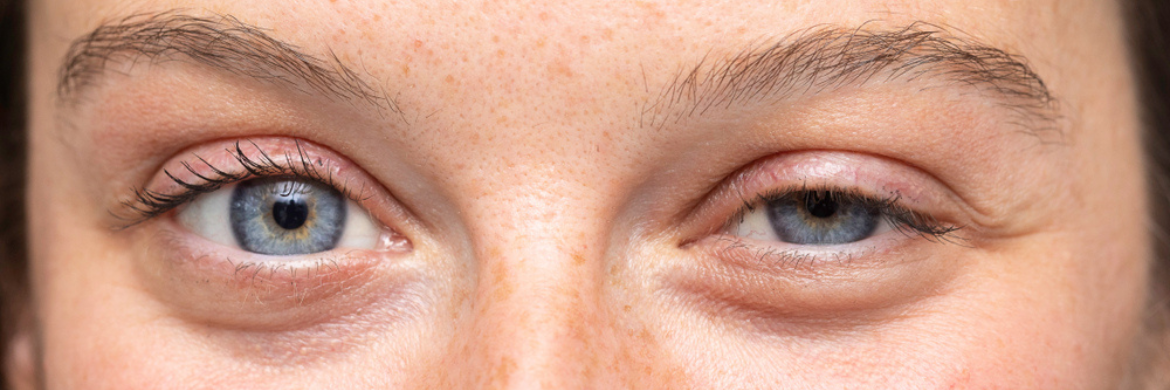
What is eye twitching?
Eye twitching is an uncontrolled blinking /spasm of the eyelid. Eye twitching usually affects the eye muscles of both eyes. Twitching of eyelids is a spontaneous and uncontrolled spasm of muscle which moves the eyelid. Blepharospasm is marked by abnormal or excessive blinking.
The frequency of eye spasms can increase throughout the day. Eye twitching can be a sign of Blepharitis ( inflammation of the eyelid ), Dry eyes, Pink Eye and Light sensitivity and in some cases a sign of brain /nerve disorder.
• Bell’s palsy
• Parkinson’s disease
• Tourette’s syndrome
• Dystonia
• Multiple Sclerosis
What is the classification of eye twitching blepharospasm?
Eye twitching can be classified –
• Minor eyelid twitch –mainly caused by irritation of the surface of eye (cornea)
• Benign essential blepharospasm (BEB) –chronic, uncontrollable eyelid movement of both eyes. BEB is not a life-threatening disease but has unknown causes.BEB should not be confused with ptosis (drooping of eyelids) which is caused by weakness or paralysis of eye muscles.
•Hemifacial spasm
What are the causes of eye twitching?
Eye twitching can be due to various reasons –
• Bright light
• Caffeine intake
• Fatigue
• Alcohol
• Smoking
• Stress
• Wind
• Lack of sleep
• Stress, strain
• Corneal irritation
• Fatigue
• Neurological disorder
• Side effects of medications
• Nutritional deficiency.
Some of the trigger factors –
• Dry eyes
• Environmental allergies
• Eyestrain due to prolonged focus while on computer, reading, watching TV, or bright lights.
What are the signs and symptoms of eye twitching?
• Powerful contractions of eyelids and eye twitching can further lead to obstruction in vision.
• Eye twitching is an early sign of chronic movement disorder
• Uncontrolled winking, uncontrolled blinking, uncontrolled squinting
• Light sensitivity
• Blurry vision
What does it mean when your eye twitches?
Most eyelids twitching go away without any treatment in a few days or weeks. If they don’t go away, you can try to remove or decrease potential causes. The most common causes of blepharospasm or eyelid twitching are stress, fatigue, and caffeine.
Can twitching be serious?
Blepharospasm or Eye twitching may damage the nerves connected to your muscles, leading to twitching. Some of the rare but serious conditions that can trigger muscle twitches include: It’s a condition that causes nerve cells to die. The twitching can affect the muscles in any part the body, but it usually occurs in the arms and legs first.
How to manage eye twitching and blepharospasm?
• Rest and relaxation
• Avoiding stress
• Gentle eyelid cleansing
• Reduction of eye –strain (wearing sunglasses)
• Use of warm compress
• Usage of lubricating eye drops
• Improving the quality of sleep
• Eating Bananas –Bananas have a high content of potassium and zinc which helps in curing eye twitching • Placing a thin slice of potato/cucumber on the eyes has a cooling effect on the eyes.
• Using a few drops of rose –water as eye drops helps in cleaning eyes and has a relaxing effect.
• Splashing eyes with cold water
• Avoid rubbing eyes
• Eye care exercises
• Relaxation –Yoga, meditation
• Drinking lot of water
What is the homeopathic medicines indication for eye twitching and blepharospasm?
Agaricus Muscarius
Cina
Euphrasia
Gelsemium
Zincum metallicum
For more information, you can visit WebMD and eMedicine.

 If you are unsatisfied with our treatment and do not want to continue the medicines you can ask for refund within 24 hours of making the payment.
If you are unsatisfied with our treatment and do not want to continue the medicines you can ask for refund within 24 hours of making the payment.